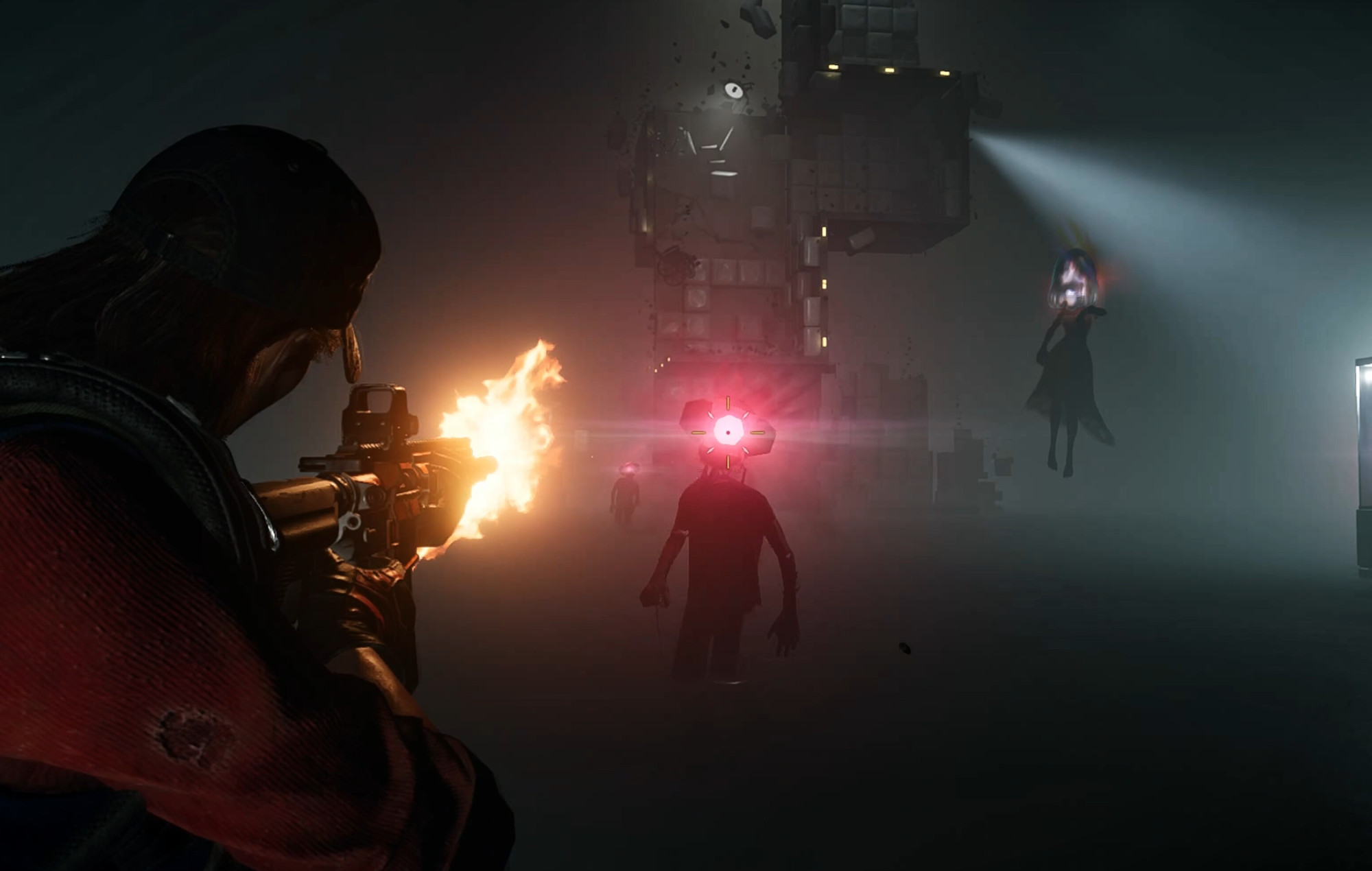Once Human, a new free-to-play survival game, has launched with tens of thousands of players, but fans are worried about the game’s data and privacy policies.
READ MORE: These are the video games your fave bands play on tour
The open-world survival game, similar to Rust or Palworld, features supernatural elements like strange, magical creatures, and allows players to build bases and collect loot, all from a third-person perspective.
Following its launch, some players are leaving negative Steam reviews of the game and citing “over-collection of Personal Information and security risks”. One claims that “the policy collects a wide range of personal data, including sensitive information like government-issued IDs,” while others say “they do have some strange practices, including needing to email their support to have them not distribute your info anymore, however the info they will have is limited.”
The developers have responded to these concerns via Discord, stating: “NetEase takes our users’ data privacy very seriously and adheres to the data privacy principles such as data minimization, purpose limitation, and transparency.”
On the topic of collecting ID information, the statement clarifies: “We would only collect government-issued IDs for the following reasons: where the local laws require us to do so (such as for a specific promotion), when the identity of a user’s parent must be verified to obtain consent for their child (if required by applicable child protection laws), or when the user wishes to correct their age information (again, if such verification is required by law). In any case, the ID information is deleted immediately after we have fulfilled the purpose for collecting the ID information in the first place.”
Despite these concerns, the game is popular. At the time of writing, Once Human has 78,697 players on Steam, and hit a peak of 82,092.
In other news, sales of Elden Ring have shot up by 467 per cent, helping it climb 19 places in the sales charts and landing at number four.
The post ‘Once Human’ responds to player concerns about spyware in the game appeared first on NME.




